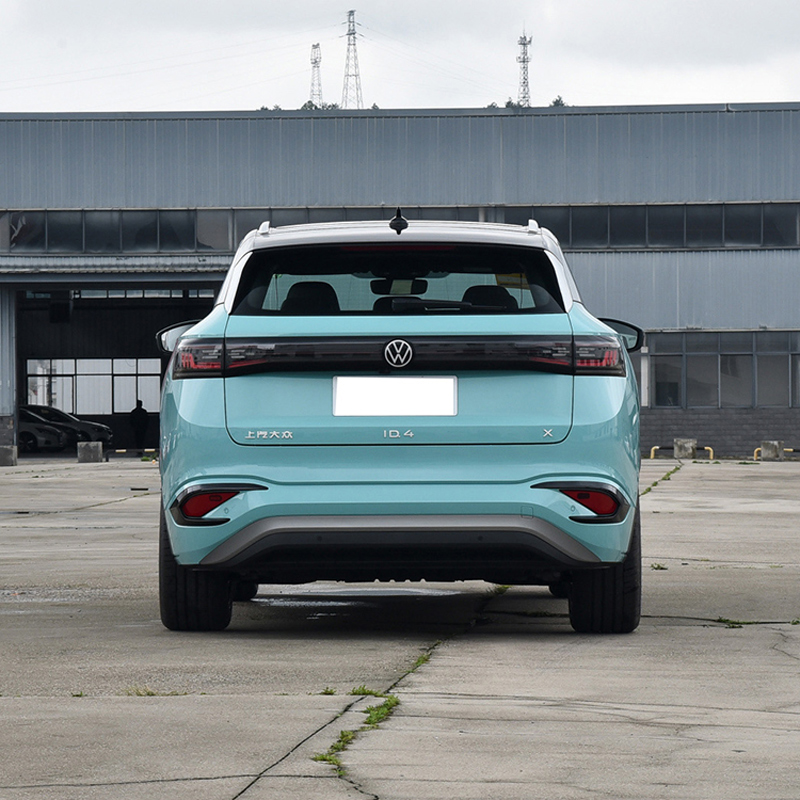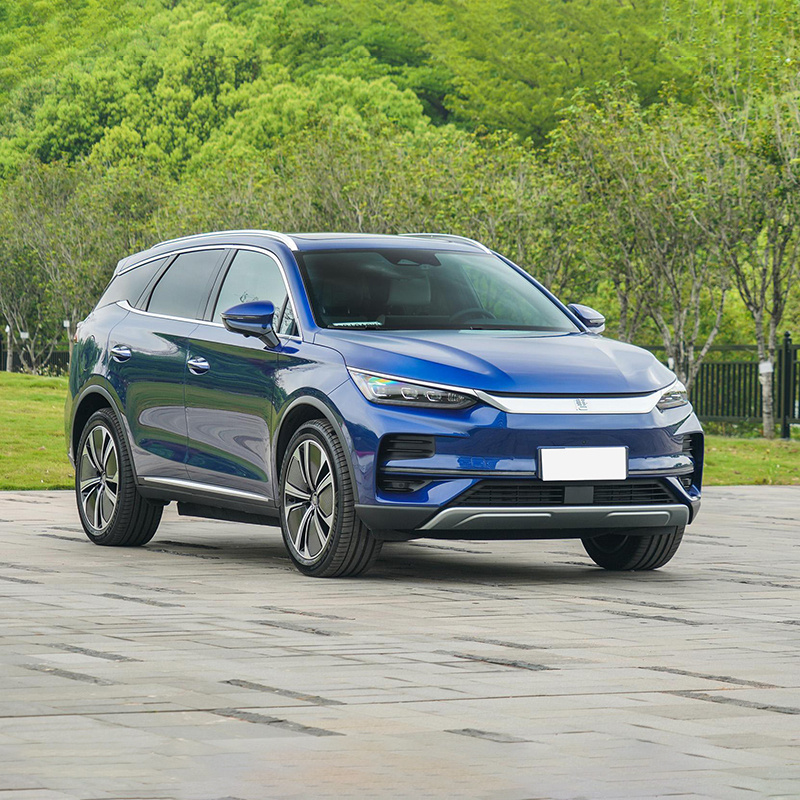Read our research on: Israel | Internet & Technology | Election 2024
Read our research on: Israel | Internet & Technology | Election 2024 Electric Car Suv

About four-in-ten Americans (38%) say they’re very or somewhat likely to seriously consider an electric vehicle (EV) for their next vehicle purchase, according to a recent Pew Research Center survey.
Pew Research Center conducted this study to understand Americans’ views on electric vehicles. We surveyed 10,329 U.S. adults from May 30 to June 4, 2023.
Everyone who took part in the survey is a member of the Center’s American Trends Panel (ATP), an online survey panel that is recruited through national, random sampling of residential addresses. This way, nearly all U.S. adults have a chance of selection. The survey is weighted to be representative of the U.S. adult population by gender, race, ethnicity, partisan affiliation, education and other categories. Read more about the ATP’s methodology.
Here are the questions used for this analysis, along with responses, and its methodology.
Half of U.S. adults say they are not too or not at all likely to consider purchasing an EV, while another 13% say they do not plan to purchase a vehicle. The share of the public interested in purchasing an EV is down 4 percentage points from May 2022.
Over the past year, the Biden administration has announced a range of measures aimed at increasing EV adoption, including tax credits for EV buyers and emissions limits for car manufacturers. Major automakers are increasing EV production, and electric vehicles’ share of all new U.S. car sales rose sharply over the past two years, to 8.5%.
Democrats and Democratic-leaning independents, younger adults, and people living in urban areas are among the most likely to say they would consider purchasing an EV. The 9% of U.S. adults who currently own a hybrid or electric vehicle are also particularly likely to consider an EV for their next purchase. A majority of this group (68%) says they are very or somewhat likely to seriously consider it.
Among those who would consider purchasing an EV, about seven-in-ten say helping the environment (72%) and saving money on gas (70%) are major reasons why. A small share (12%) cite keeping up with the latest trends in vehicles as a major reason.
One potential obstacle to greater EV adoption is the availability of public charging stations.
Currently, most EV owners charge their vehicles at home. Some who have used public chargers find that they are unreliable or limited in number. In September 2022, the Biden administration set aside $5 billion to create a network of EV charging stations.
Americans express limited confidence that the country will build the necessary infrastructure to support large numbers of EVs on the roads. Some 17% say they are extremely or very confident this will happen, while 30% are somewhat confident. And 53% are not too or not at all confident.
Republicans and GOP leaners are especially likely to doubt that the U.S. will build the charging stations and infrastructure needed to support EVs: 74% say they have not too much or no confidence at all in this. By comparison, 34% of Democrats and Democratic leaners say the same.
Americans who are confident the country will build the necessary infrastructure are more likely than others to say they would consider purchasing an EV.
Among those who are extremely or very confident that the U.S. will build the infrastructure needed to support EVs, 68% say they would be at least somewhat likely to consider purchasing an EV.
Just 19% of those who are not too or not at all confident in future EV infrastructure say they are at least somewhat likely to consider purchasing an EV.
Accelerating the transition to EVs is a central part of President Joe Biden’s climate agenda. The administration has proposed new emission limits for automakers that would reduce the number of gas-powered cars and trucks they could sell. Some states have gone further, with plans to ban new gas-powered car sales by 2035.
However, the idea of phasing out the production of new gas-powered vehicles by 2035 faces more public opposition than support. About six-in-ten Americans (59%) say they oppose this, while 40% favor it.
The share of Americans who favor phasing out gas-powered vehicles has declined 7 points since 2021. Support is down among both Democrats and Republicans.
Currently, a majority of Democrats (64%) favor phasing out production of gas-powered vehicles by 2035, but 84% of Republicans oppose this.
Partisans also have different emotional reactions to the idea of ending gas-powered vehicle production. A clear majority of Republicans (73%) say they would feel upset about it, but views among Democrats are more mixed. Some 37% say they would feel excited, while 43% would feel neutral and 20% would be upset.
Note: This is an update to a post originally published June 3, 2021. Here are the questions used for this analysis, along with responses, and its methodology.
Fresh data delivered Saturday mornings
1615 L St. NW, Suite 800 Washington , DC 20036 USA (+1) 202-419-4300 | Main (+1) 202-857-8562 | Fax (+1) 202-419-4372 | Media Inquiries

Micro Electric Car About Pew Research Center Pew Research Center is a nonpartisan fact tank that informs the public about the issues, attitudes and trends shaping the world. It conducts public opinion polling, demographic research, media content analysis and other empirical social science research. Pew Research Center does not take policy positions. It is a subsidiary of The Pew Charitable Trusts.